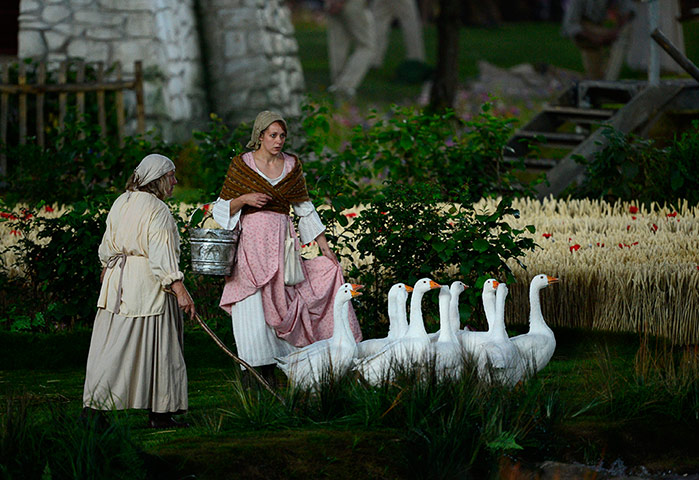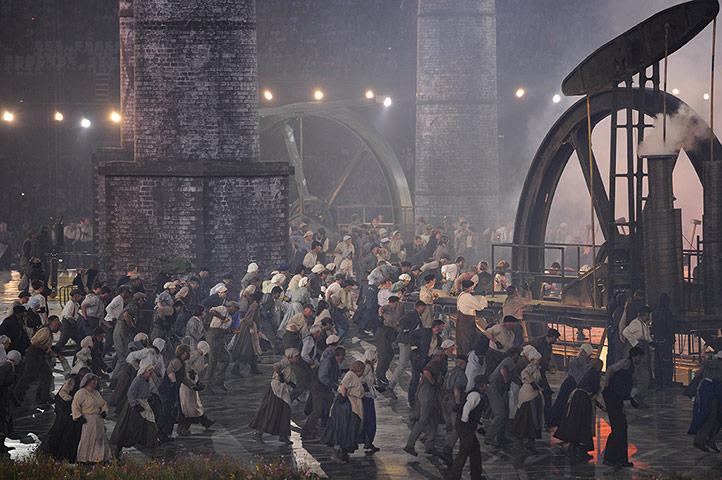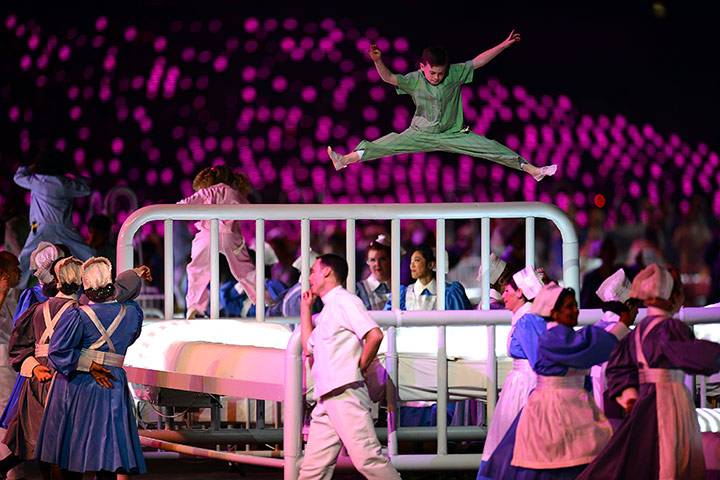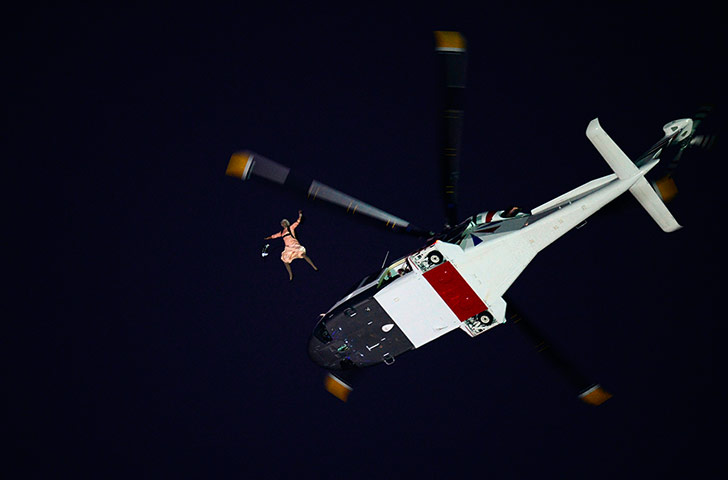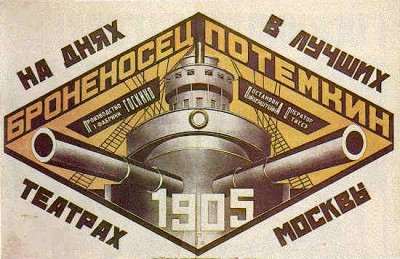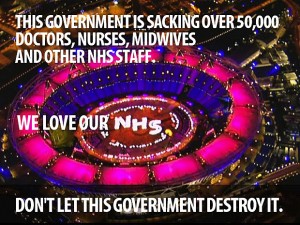Being new to this game of hyper-local online journalism, and pretty much making it up as I go along, I’m on the look out for guidance on how to do a good job, and I don’t expect I’m the only one in this situation.
So here’s what looks like a very useful Reporters Handbook. I came across it on the Press Think website, which discusses and reproduces the Voice of San Diego Reporters’ Handbook.
Voice of San Diego is a not-for-profit online newspaper (if that’s not a contradiction in terms) in Southern California, that won a 2011 Online Journalism Award for General Excellence in Online Journalism, Small Site.
Voice of San Diego New Reporters Handbook
We only do something if we can do it better than anyone or if no one else is doing it.
* We must add value. We must be unique.
Three things to remember for each story:
* Context
* Authority
* Not just what is happening, but what it means
There is no such thing as objectivity.
* There is such thing as fairness.
* But everyone sees everything through their own filter. Acknowledge that, let it liberate you. Let it regulate you.
* We are not guided by political identification, by ideology or dogma. But every decision we make, from what to cover to how to cover it, is made through our own subjective judgments.
* We are guided by an ability to be transparent and independent, to clearly assess what’s going on in our community and have the courage to plainly state the truth.
Our bent: Reform. Things can always be better.
* We don’t have a dogmatic or ideological bent. But we do believe San Diego can and will do better.
* We can have better infrastructure, a healthier environment, a better education system, a responsive, efficient and transparent government, a better understanding of our neighborhoods’ challenges, a thriving economy and an ever-improving quality of life. If anything, this is our bias.
Be the expert.
* Write with authority. You earn the right to write with authority by reporting and working hard.
* No “he said, she said.”
* The day we write a headline that says: “Proposal has pros, cons” is the day we start dying.
* There is no such thing as 50/50 balance. There is a truth and we work our damndest to get there.
* Sometimes two viewpoints don’t deserve 50/50 treatment.
* Most of the time there aren’t two sides to something, anyways. There are 17. Who’s not being represented? If they’re not speaking up, how can you represent them?
* We don’t just “put things out there.” We’re not “only asking the question.”
* We don’t ask questions with our stories. We answer them.
* We don’t write question headlines, unless they’re so damn good that we can’t resist:
* We don’t do this: “Did City Official Take Bribe?”
* Or, to cite a recent example: “Did Wikileaks Hack Servers?”
* We’d maybe do this: “How Did a City Official Ended Up With Millions in Donations?”
* We’re not someone’s goddamn transcription service.
* They can relay their own news. In a world where leaders are able to communicate directly with their constituents very easily, we have to a.) make sense of what they say and b) find out the things they don’t want to say. It’s the only way to effectively use our limited resources.
Tell the truth.
* This means not being mealy mouthed and not being bias-bullied.
* Stand up to bias bullies. Tell them why you did something. Let them challenge you on it.
* If someone calls you biased, don’t be scared. Don’t dismiss it either. Reflect on it and answer with conviction.
* Don’t go quote-hunting for something you know to be true and can say yourself. Don’t hide your opinion in the last quote of a story.
* Take a stand when you know something to be true or wrong.
Care about your beat more than anyone else.
* It is your way to make San Diego a better place to live.
Focus on big problems
* David Simon, the creator of The Wire, has a quote that can be paraphrased this way: Journalism is good at solving small problems or taking small bites of a big problem. It’s not good at solving big problems.
* It’s easy as a journalist to take a stand against a six-figure salary. It’s easy to take a stand against an expensive meal on an expense report.
* Why do we take stands on those things and why are we afraid to take stands on bigger issues?
If you can’t find a good answer any of these three questions, drop the story:
* Why did I choose this story?
* Why will people care? (Not why should they care, but why will they care.)
* Why will people remember this story?
Avoid ‘churnalism’
* It’s not your job to have everything on your beat. It’s your job to have the best things.
* Don’t worry about getting scooped. Worry about not consistently making an impact.
* Love the title of this Columbia Journalism Review story: “The Hamster Wheel: Why running as fast as we can is getting us nowhere.”
* A quote: “The Hamster Wheel isn’t speed; it’s motion for motion’s sake. The Hamster Wheel is volume without thought. It is news panic, a lack of discipline, an inability to say no.”
* Another: “You say, ‘Why not have it?’ I say, ‘Because it isn’t free.’ The most underused words in the news business today: let’s pass on that.”
* We are a small group with limited resource. Everything we do must [pay off for the users.]
* We can learn a lot from sports journalism. (That’s for a different day.) But here’s one great quote to always keep in mind from sportsjournalism.org: “Nobody cares who’s first with the commodity news, but being first with what the news means still has value – in fact, it has more value than it ever has, given today’s torrent of information. Readers will gravitate to such stories, share them and remember them.”
Avoid the news voice whenever possible.
* Sometimes it’s necessary.
* But you should never write a story [the way] you think journalists are supposed to write it. Write like you would if you were trying to get your friends interested in an email. Lighten up. Be creative. Have fun. Be conversational.
Bring us in the implications, not the event.
* So it’s not “Booze Ban Voted Through Council Committee.”
* It’s “Booze Ban Has One Final Hurdle Left.”
Don’t be boring. People don’t spend their free time on boring things.
* That’s it.
Don’t tell me stories about “critics” or “some”
* I don’t have a clue who “critics” or “some” are. But they managed to be the most quoted people on the planet.
* I need to know who they are for that viewpoint to carry any validity.
* And I need to know what, if any, financial stake they have in the issue. Honestly. (Just a sample of headlines in the news in a five-minute search this fall: “Some say Escondido police union’s flier crosses the line…” “Some say new constitution would solve state’s woes…” “Critics say Washing Oily Birds Is Wasteful…” “Observers Say Time Right for Santander IPO…”
* I’ve read stories that use blanket “critics” in different spots to describe people on the opposite ends of the arguments. It was so confusing.
Have fun! Be creative! Push the envelope!
* You don’t do this for the money. So let’s have some fun.
* Try something that’s never been tried before. Or try something that someone else did somewhere else. Don’t do a story just to do it. Or because it’s an interesting exercise.
* Think about what will impact people or policy makers. What will they want to read or what will force them to make a change?
* Be a student of today’s great journalistic innovations.
* Be a leader of today’s great journalistic innovations.

